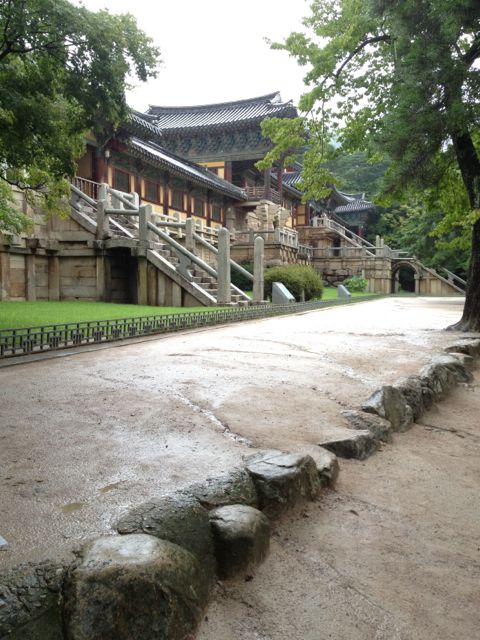The Orphan Master’s Son, by Adam Johnson, is our next novel from The Bestseller Code 100 list.
This post contains spoilers.
(*Amazon Affiliate link)
The Orphan Master’s Son was an extremely difficult book to read in many ways. The book is divided into two distinct parts. In Part One we meet Pak Jun Do, the Orphan Master’s son, who named himself after a Korean Martyr heralded for his loyalty, and thus foreshadows the ending of the novel. From Pak Jun Do’s early childhood well into adulthood, his journey felt disjointed, with jumps in time and location. We learn what life is like in present-day North Korea – the hardships, the loss of personal will, the disinformation, and the need for blind adherence to the rule of “Our Dear Leader.” In Part Two, Pak Jun Do assumes the life of legendary Commander Ga, who is married to the renowned actress Sun Moon and father of their two children. Also in Part Two we are introduced to a “soft-torture” Interrogator of Division 42, the interrogation headquarters where enemies of the state are tortured for confessions. Throughout this part, the story alternates between the Interrogator’s personal and professional life – including his interrogation of “Commander Ga” – and the flashbacks of Pak Jun Do’s life as Commander Ga.
Trauma Narrative
I almost didn’t finish reading the book due to Part One. I didn’t like the voice of Pak Jun Do and found the time jumps disorienting. More than that, though, I felt like I was reading a dystopian novel of life on some distant planet. Surely this could not be taking place on Planet Earth? As Roberta wrote in her Writer’s Analysis:
According to the back matter, the author has described it as a “trauma narrative.” … In other words, it feels as if it was written by a person who has experienced severe trauma. He says that it would be a mistake to shape it any other way and I have to agree it makes sense.
Trauma narrative is a very accurate description. I felt traumatized just reading it.
The second part was an easier read, although it did take a while to adjust to the jumps in time from the present day interrogation to the previous year of “Commander Ga’s” life. I read with amazement and disbelief as everyone walked around the elephant in the room – Pak Jun Do was obviously NOT Commander Ga, and yet he was able to assume the life of Ga because he dressed as Ga and said he was Ga. In North Korea, you just do not question what anyone in a position of leadership above you says or does. To do so would mean immediate banishment to the camps and certain death.
Choice and Freedom
Ultimately, this story shows us how the regime of North Korea purposely destroys the concepts of individual choice and personal freedom throughout its population. The fact that both the Interrogator and Pak Jun Do practice personal choice and experience freedom at the end gives hope that all citizens of North Korea might eventually be able to attain true freedoms, if given the chance.
The Orphan Master’s Son is one of those books that stays with you for a long time and not necessarily in a good way. There is so much symbolism and so many layers that it really warrants a second reading. It would be a great choice for a book club to read and discuss, as long as the members were aware of the violence and disturbing nature of the story line ahead of time. I was not really prepared for that and set the book aside for long enough that the library ended my ebook loan, which has never happened to me before!
What did you think of The Orphan Master’s Son? We’d love to hear your thoughts!
Related posts:
- Book-beginnings, a discussion of the first line of the novel
- Karen’s review from a reader’s perspective
- Roberta’s review from a writer’s perspective
- After you finish the book, you might want to drop by to take our survey.
You can also join us on social media:
- The Bestseller Code 100 Pinterest Page
- Twitter: #BestsellerCode100
- Facebook: Bestseller Code 100 Reading Group
- The full list is now posted on GoodReads
__________________
What are we reading next?
If you ever have questions about what we are reading next or when we’re starting the next discussion, check the 100 Book List tab in the navigation bar at the top of the blog.
The next book is number 89. Unaccustomed Earth by Jhumpa Lahiri (2008) – Short story collection – Discussion begins April 10, 2017.






